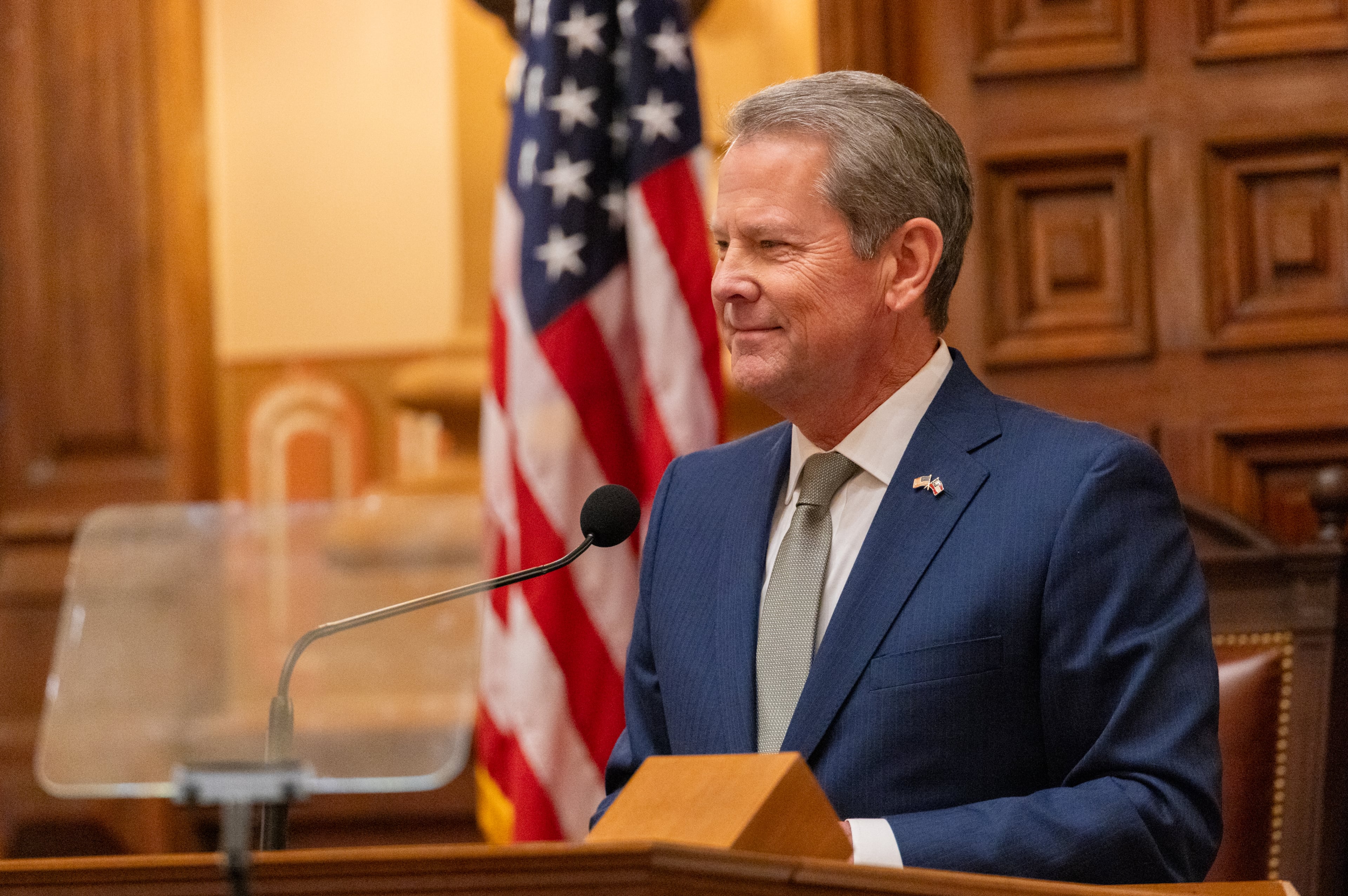Bob Roarty, visionary co-founder of Atlanta Vintage Books, dies

Bob Roarty turned an Atlanta bookstore into a treasure trove and a community meeting space where lovers of reading could fall asleep in overstuffed chairs with classics in their laps and in tucked-away corners surrounded by cats — occasionally long enough to be locked inside after the closing hour.
The Atlanta Vintage Books co-owner died Sept. 30 at his Atlanta home from a rare neurodegenerative disease he had lived with for six years. He was 72.
Roarty leaves behind his wife and business partner, Jan Bolgla, and a long list of friends and relatives, including three sisters and three brothers, nearly 80,000 hardcovers and paperbacks in the store’s expansive collection, including a wide range of rarities, and Atlanta Vintage Books’ three resident cats, all former strays they took in.
Those close to him remember Roarty as a kind and funny raconteur, joke-teller and a magnet for others despite his confirmed introversion; an upbeat person in public who often battled depression in private, and an erudite shopkeeper who could hold court on a sweeping array of topics despite having never finished college.
“He was the most voracious reader I’ve ever met,” Bolgla said. “He would bring home books on all different genres. He just was interested in everything, and he ended up in a great place.”
Roarty and Bolgla purchased the store in 2007 to cure their burnout from working for years in high-stress jobs at a commercial printing company. Under their ownership, they greatly expanded the inventory of the rare book store near DeKalb-Peachtree Airport and made it more approachable, fostering a “community space” atmosphere where customers could make themselves at home and consult with employees who knew books.
While it was a joint project, Bolgla said her husband “was the one who really had the vision for opening the place up and making it, I think, as warm and friendly as it ended up being.”
Atlanta Vintage Books evolved into a store that sells everything from $1 paperbacks in the basement to rare first editions, often signed, of classic 20th century novels by John Steinbeck, William Faulkner or Ernest Hemingway, as well as an eye-popping collection of rare Stephen King books, including little-known titles the horror novelist published under a pseudonym.
Longtime customer Terry Wells, a former Atlanta Journal-Constitution reporter, said he got into rare-book collecting with the guidance of Bob Roarty. “He obviously was very patient and very thoughtful and very cooperative and helpful.”
Wells said Roarty not only taught him about the greater value of volumes preserved in pristine condition, but also how to look for imperfections found in first editions, such as a misspelled character’s name on the front flap of Ernest Hemingway’s “A Farewell to Arms,” a holy grail for collectors, that can skyrocket a book’s value into the stratosphere.
A Unique Life
Like such books, Roarty’s life surely wasn’t perfect but it was definitely unique, those who loved him said. A native of the tiny Pennsylvania borough of Forty Fort, Roarty grew up as the seventh of 10 children in a working class Irish Catholic family headed by his father, a butcher at a local A&P grocery store who brought home leftover cuts of meat for dinner. Roarty’s mother, a homemaker, instilled in him a love of books through her daily habit of setting aside two hours a day to read.
As a boy, Roarty hiked up local mountains and explored coal mining areas with his siblings. A 1972 flood that burst the dikes on the Susquehanna River and washed through the town submerging the first floor of the family home left such an impression on Roarty that he left Wilkes University after his sophomore year to go work for FEMA.
Roarty moved to Atlanta in 1974. After stints at various workplaces, he landed at a company called Barlow Printing, where, years later, he met his future wife. They got married in 1990.
Customer Dana Tefft said the bookstore was such a welcoming place that he’d start petting the cats, talking to the owners and “forget what he came there in the first place for. And I could spend hours in there, and it’s very seldom that I ever walked out with what I walked in expecting to get.”
Roarty was diagnosed with corticobasal degeneration, a form of atypical parkinsonism, in 2019.
“He was a gentle, kind, genuine person,” Tefft recalled. “Anytime I talked with him, I always felt better about things.”


